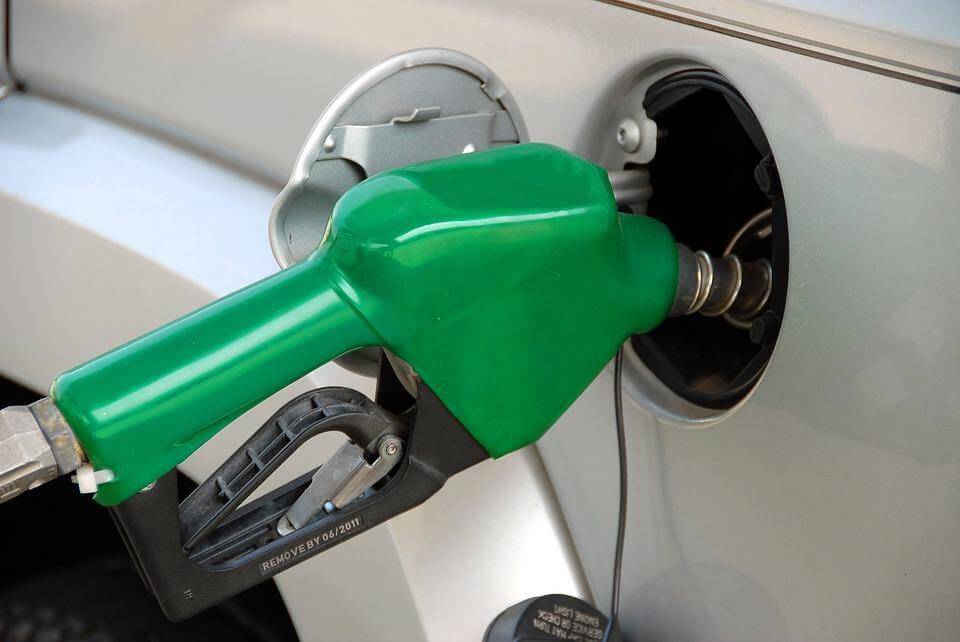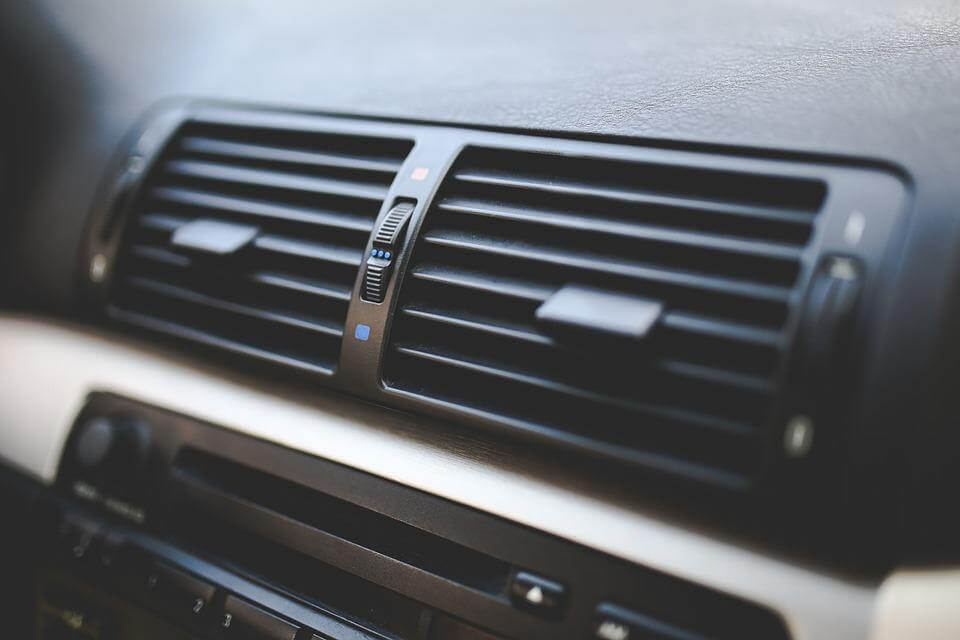One of the many great car debates has to do with your gas tank. In short, is it better to let it run low or to always keep it full? While there are points to be made on either side, there is a definitive answer on what the best strategy is.
The pros of letting your tank run low
Truthfully, there is one major advantage to letting your fuel tank run low. That is the gas mileage. How does how much gas you have to affect your gas mileage? The answer is weight. A car with less fuel in it weighs less and thus will require less power from the engine to move it the same distance.
However, while this is true there is something important to consider: Gas weighs just over six pounds per gallon. That means the difference between a full tank and an empty tank is somewhere between 70 and 95 pounds, less than the weight of an average person or a few travel bags. The only other benefit of leaving your tank run low is some sort of thrill-seeking. This was illustrated perfectly in the Seinfeld episode “The Dealership.” Suffice it to say there are better ways to get your kicks.
Why you shouldn’t let your tank run low
“Peace of mind” is the first reason to keep your tank on the full side. The road is already an anxious and stressful place. Therefore anything you can do to keep yourself calm and relaxed is a good thing. Not worrying about how much further you can drive before you need to gas up will help you focus on the road and enjoy your ride a little more. But the main reason lies with the fuel pump. Your car’s fuel pump is located inside the gas tank. In order to function properly, it needs to be completely submerged in gasoline.
Typically, this means you need at least ¼ of a tank to keep it submerged. Long-term exposure to air can lead to early deterioration of the fuel pump. This is not a cheap or easy fix. When properly used and maintained, a fuel pump should last at least 100,000 miles if not the lifetime of your vehicle.
Leaving it constantly exposed to air can cause the pump to suck in air and generate heat. This can reduce the working life of your fuel pump significantly. Allowing your tank to run low can also make room for sediment to build up in your tank. Think about coffee in a pot. There is always some sediment at the bottom. Your first few pours won’t pick up any of the sediment and transfer it to your cup, but that last cup usually does have a bit of sediment in it. Your fuel tank works much the same way. The last ¼ of your tank may pick up sediment, which will be absorbed by the fuel filter and clog it. This can lead to reduced performance of your vehicle and require early replacement of the filter.
How to tell if you’ve got a bad fuel pump
So maybe you’re a daredevil like Kramer and you’ve been driving around on E for a while. That doesn’t guarantee that you’ve run your fuel pump into the ground, but it does mean it’s a possibility. Here are a few trouble signs to look for with your fuel pump:
- Your gas mileage is going down. This could be a sign that your fuel pump isn’t operating efficiently.
- The engine starts to “sputter” at high speeds. This means your car is having trouble delivering fuel to the engine.
- Fuel pressure is low. This is a common symptom of a failed fuel pump. Any fuel pressure warning light should be attended to immediately.
- The temperature is high. This doesn’t always indicate something wrong with the fuel pump, but it certainly can be a sign it needs attention.
- The car surges. This typically indicates that the fuel pump is functioning irregularly and needs to be serviced or replaced.
A fuel pump is an issue that should be looked at by a professional. If you notice any irregularities with your fuel pump, take care of it right away before it affects other components in your vehicle. Stay on top of your maintenance and get more awesome tips with the Strutmasters Blog.
If you still have questions or need help finding the right replacement for you, just call our Suspension Experts at 866-358-0127 and they'll be happy to help.




